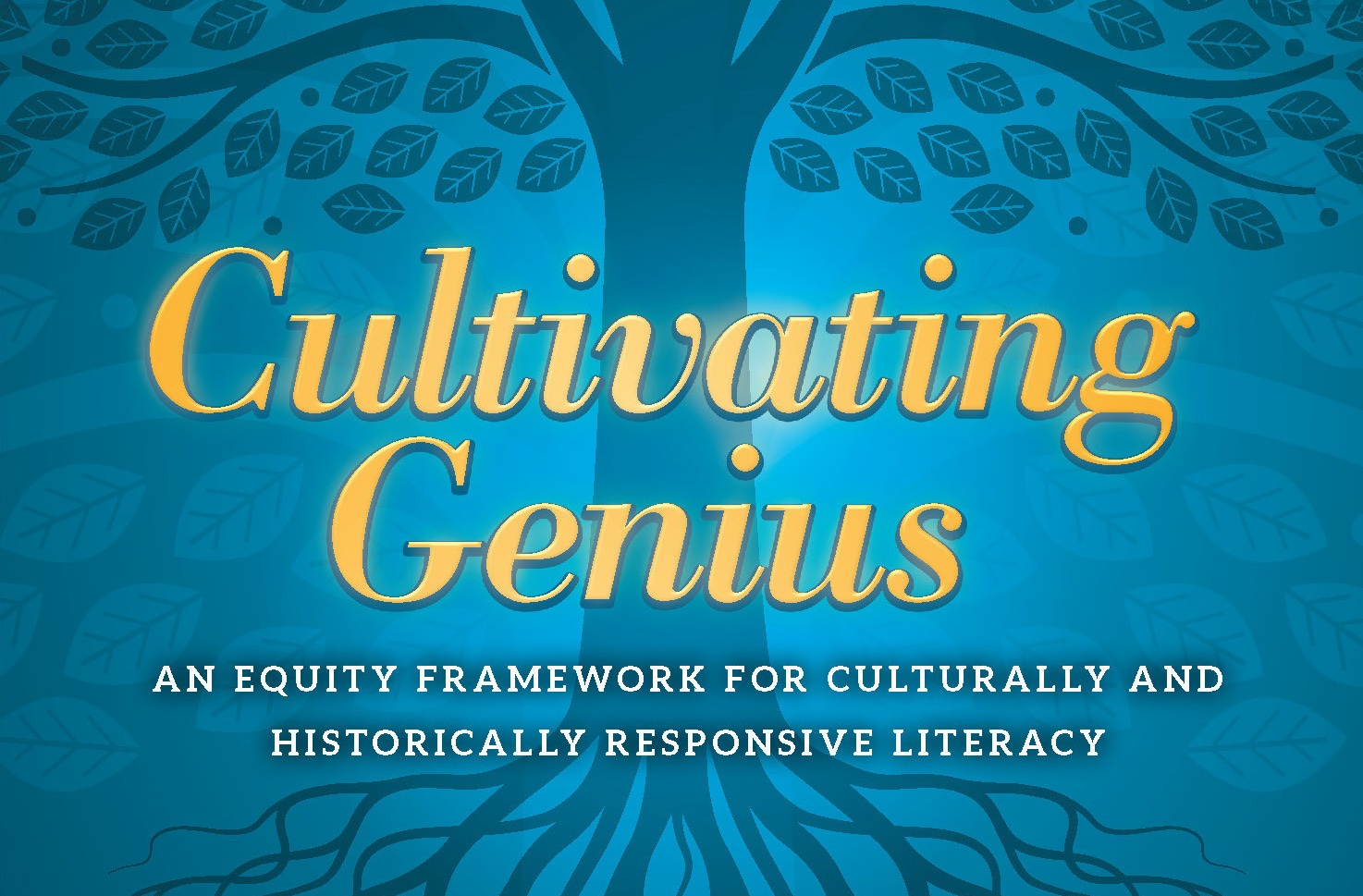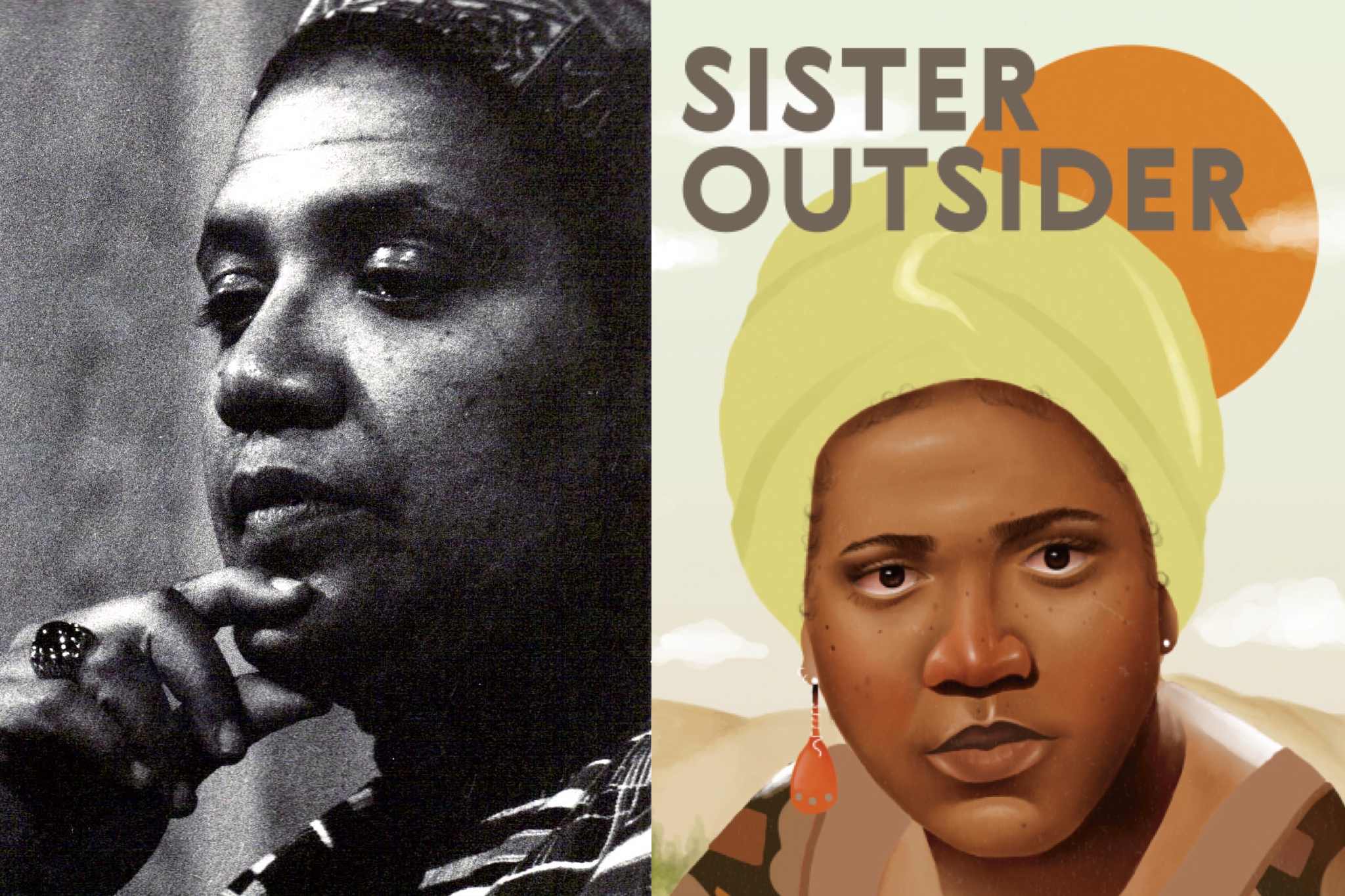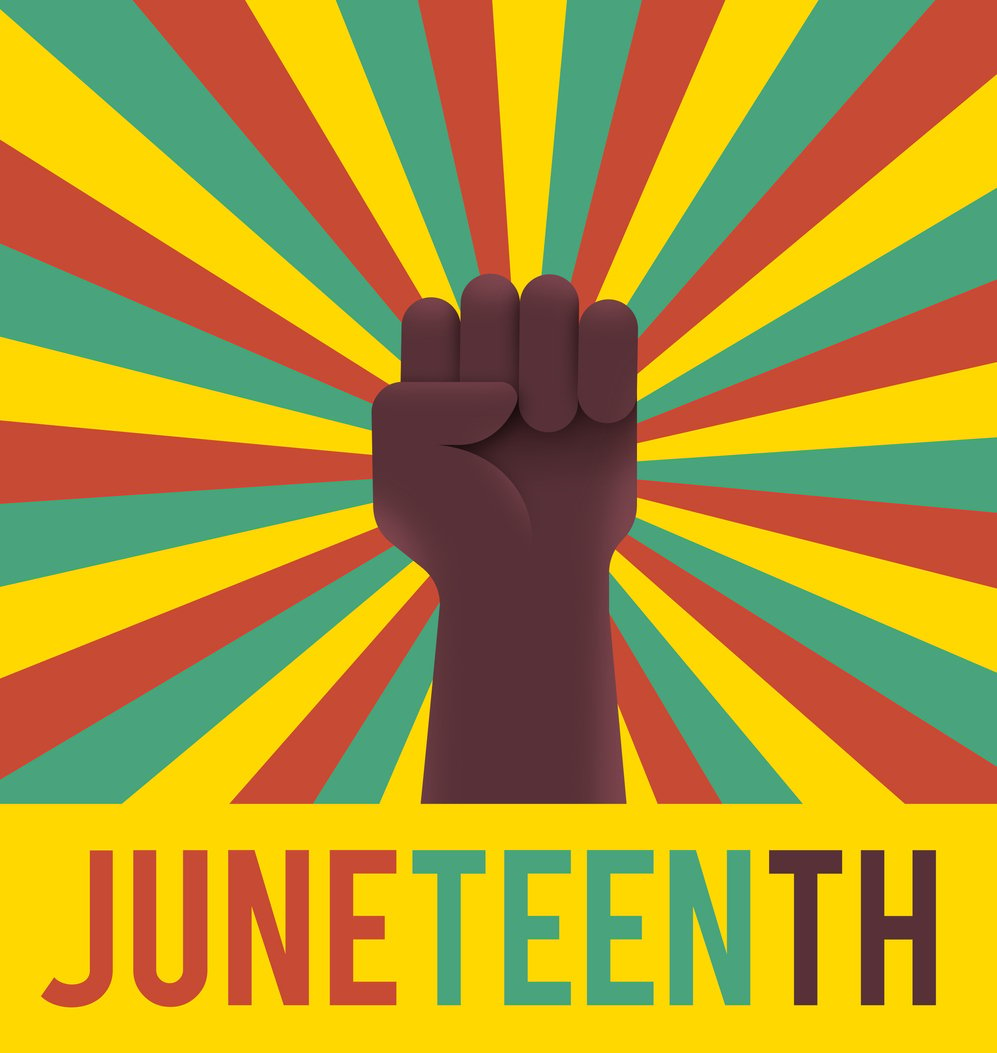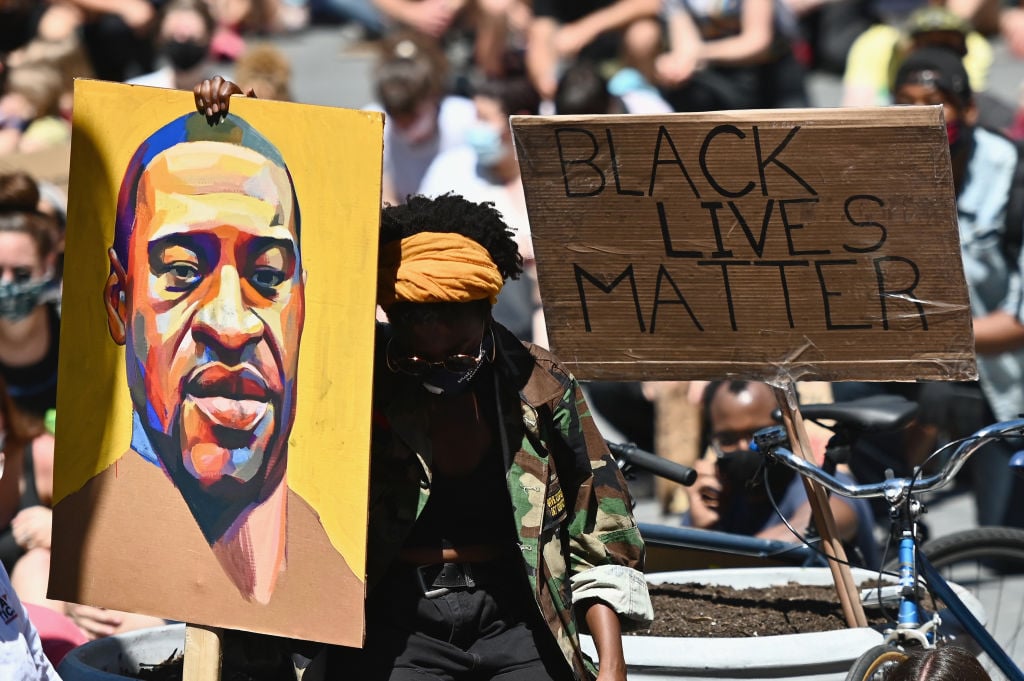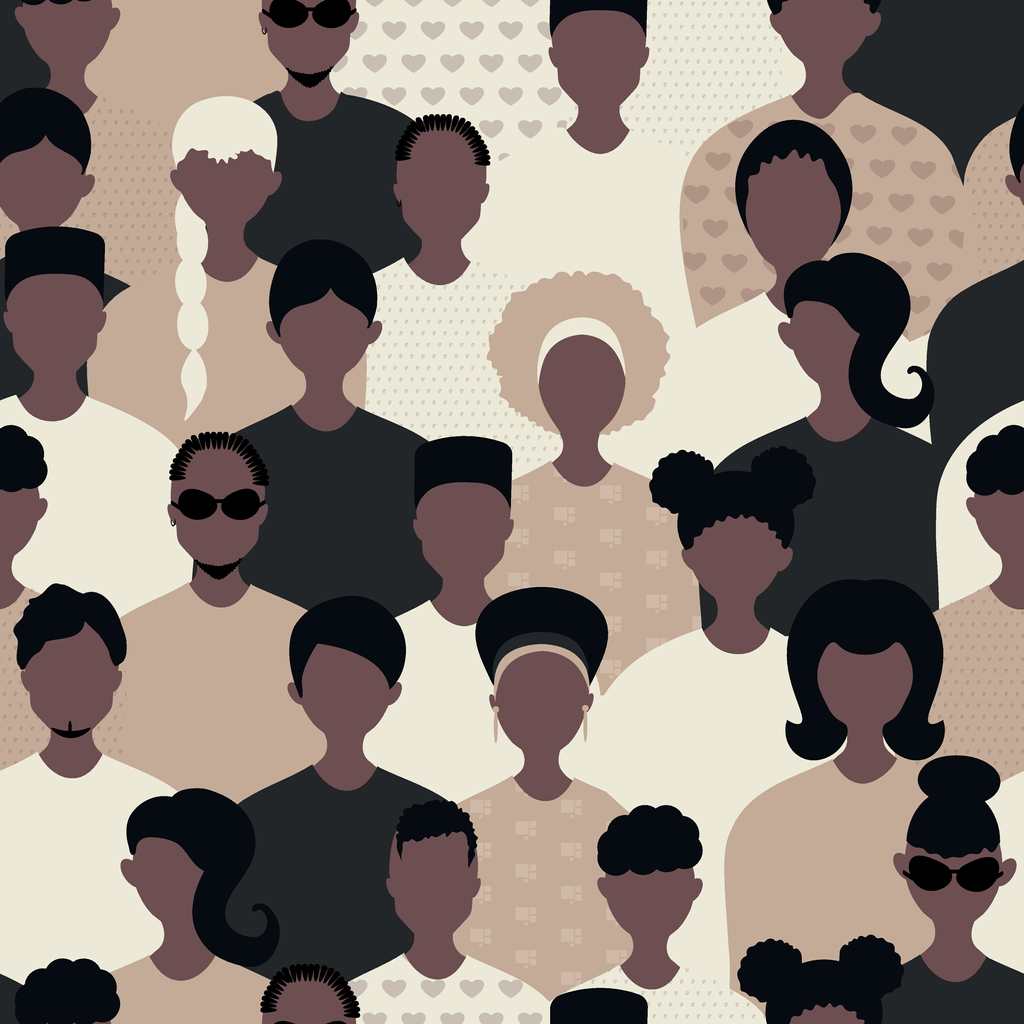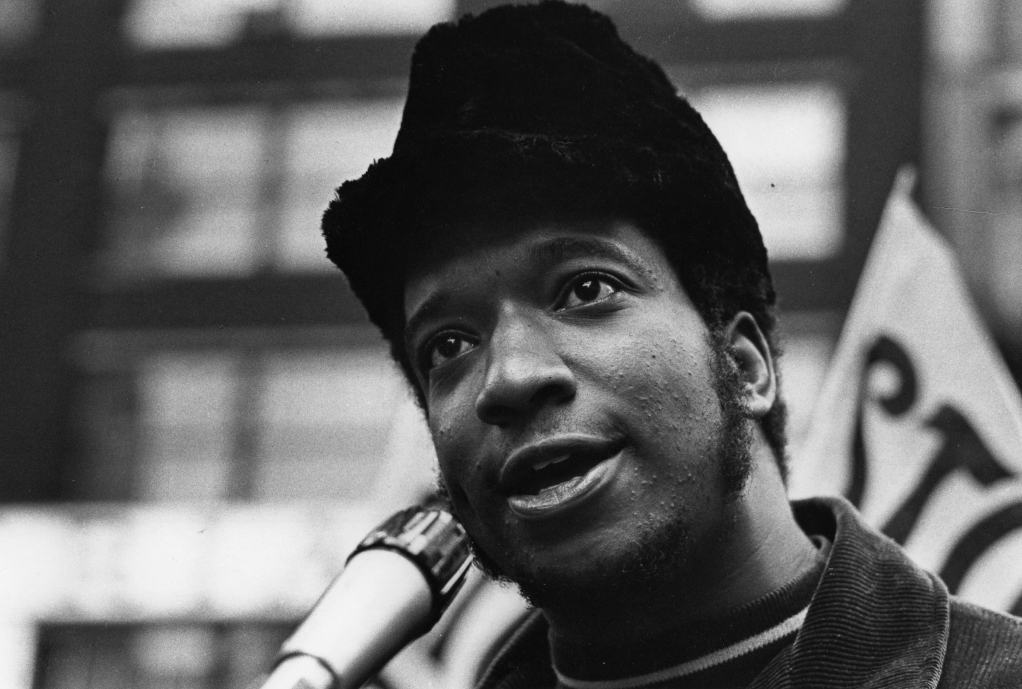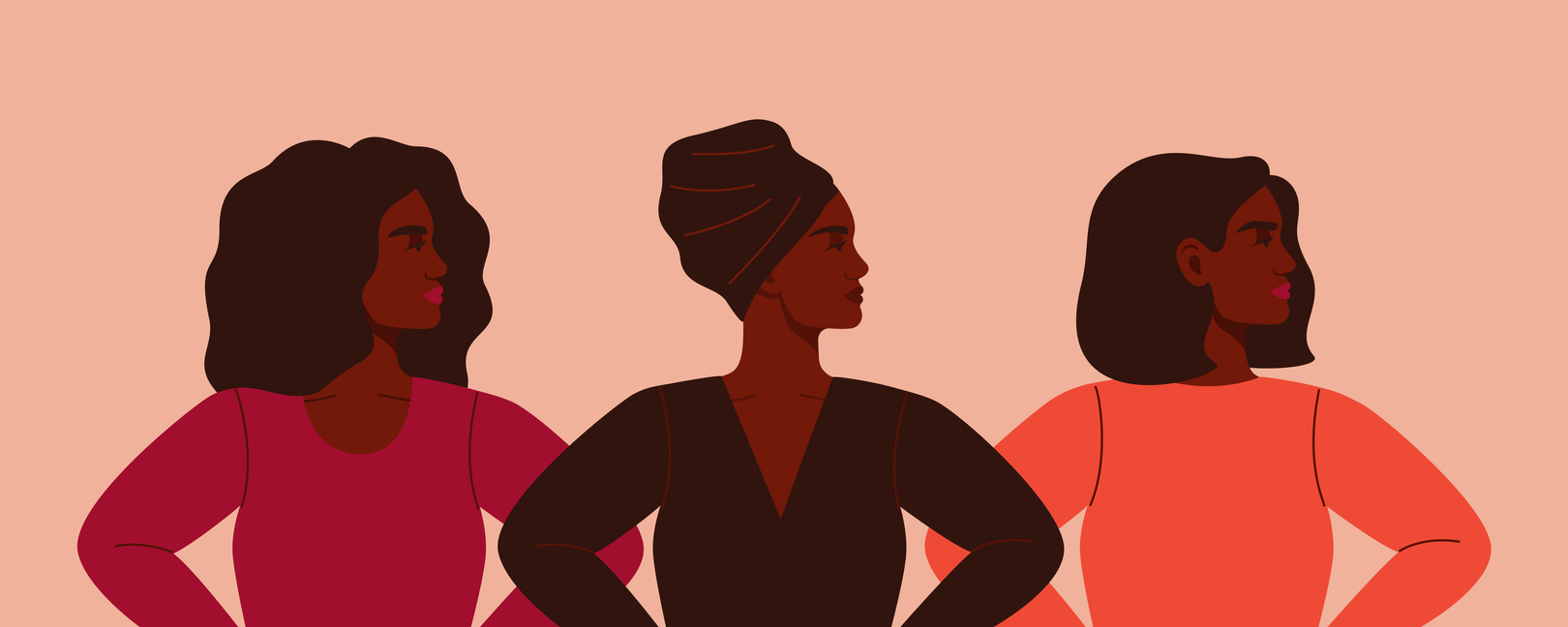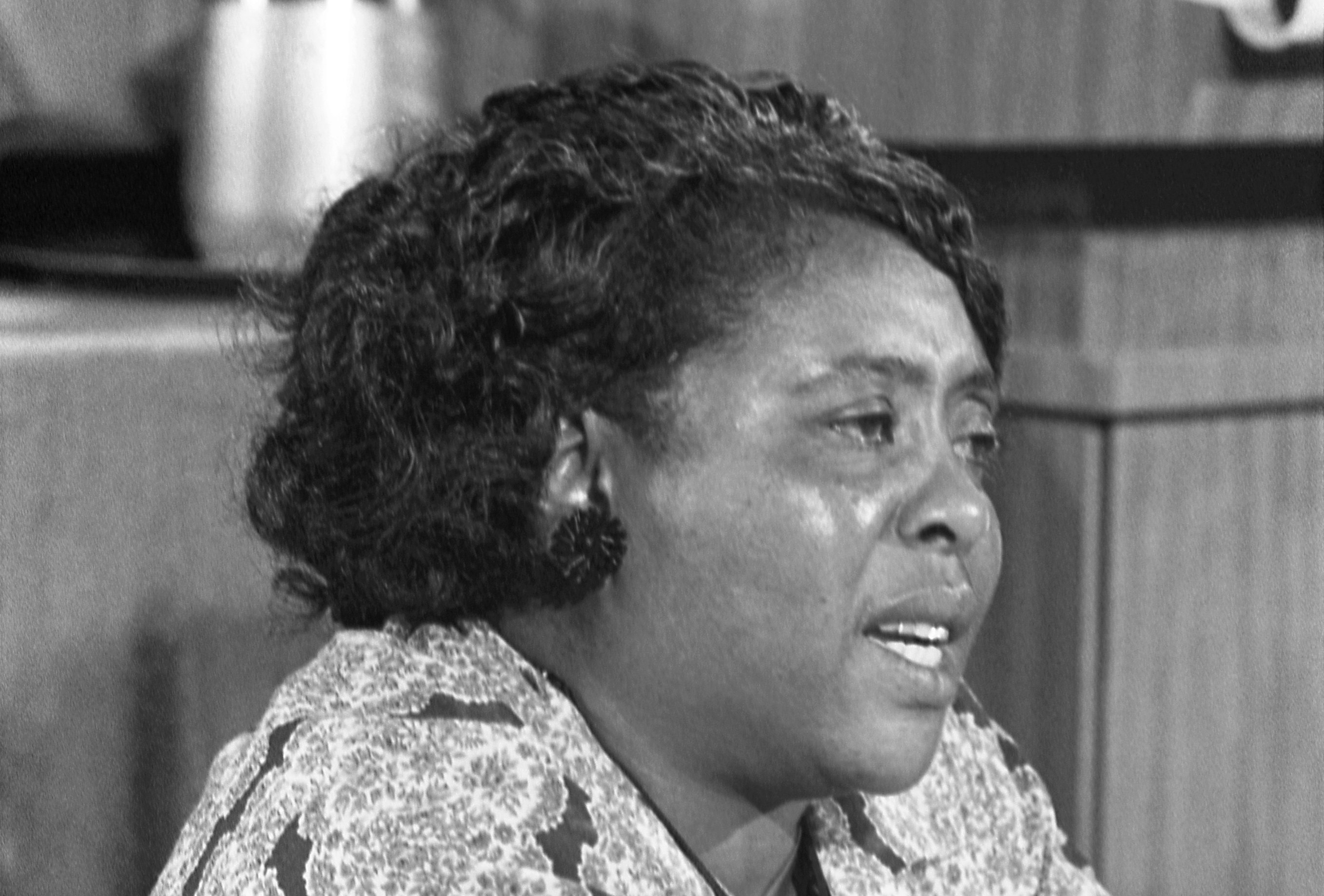When Nina Simone sang the uplifting lyrics of her song “Young, Gifted and Black” in 1970, she invited her listeners into a powerful way of re-envisioning Black excellence in themselves and Black people around them. But even half a century later, there are a host of barriers that continue to undermine the flourishing of Black excellence in educational settings.
As we reflect upon various issues that figure in the lives of LGBTQIA+ people during Pride Month, it is also important to retain an understanding of the vastness and diversity of this community. Considering the impact of different dimensions of one’s identity—for example, sexual orientation, gender identity, racial identity, and class background—on one’s experience is crucial for gaining a meaningful understanding of one’s experiences. The complex connections between these various dimensions of identity is often described using the term “intersectionality.” Though it is not uncommon to encounter discussion of intersectionality in 2021, this was not always the case. One key figure who has left an indelible mark on intersectional thought and organizing is the Black lesbian scholar, feminist, mother, and poet Audre Lorde. Born in 1934, Lorde not only challenged her contemporaries to think about identity and politics intersectionally, but also challenged them to value the inner emotional landscape as a core resource in the work of liberation.
Topics: LGBTQ, Black History
Described as a second independence day, June 19th or Juneteenth marks the day that emancipation reached enslaved people in the furthest reaches of the American South. Though the Emancipation Proclamation established that all enslaved people held within the rebellious states were freed, plantation life continued as though no change had occurred in many parts of the slaveholding South until this day. And just yesterday, the U.S. Senate unanimously approved a bill to make Juneteenth a legal public holiday. Juneteenth is a time to reflect upon this history, as well as the steps toward freedom that have been achieved and the forces that continue to undermine the freedom of African Americans.
Topics: Reading List, Black History
Reflecting on Anti-Black Violence, Justice, and Accountability
Posted by Kaitlin Smith on April 24, 2021
On Tuesday evening, it was announced that former Minneapolis police officer Derek Chauvin has been found guilty of all charges leveled against him in connection with the death of George Floyd in May 2020. The twelve-person jury reached the unanimous verdict that Chauvin committed second-degree murder, third-degree murder, and second-degree manslaughter against Floyd nearly a year go. As we exhale in the wake of this decision, we must remain present to the unending stream of historical and contemporary violence that surrounds this guilty verdict.
Topics: American History, Racism, Black History
It was on this day nine years ago that 17-year-old Trayvon Martin was shot by neighborhood watch captain George Zimmerman. After spending the evening relaxing and playing video games with his brothers, Martin ventured out to a convenient store to purchase some snacks. He would not make it home after Zimmerman deemed him a suspicious presence and proceeded to shoot him dead, later claiming self-defense. The fact that we live in a society in which the worth and humanity of a young Black man is so quickly eclipsed and negated by his dark skin is a source of Black suffering that is difficult to soothe. When the jury refused to convict Zimmerman for killing Martin, outrage followed and would catalyze the development of the Black Lives Matter (BLM) movement in 2013. In the years that have elapsed since then, a growing number of people and organizations have become affiliated with the movement as Black people continue to be killed by law enforcement and vigilantes at disproportionate rates. As the movement expands, complex questions have emerged about what it means to assert that “Black Lives Matter” and to stand behind that claim in meaningful ways within our own spheres of influence.
Topics: Black History
At Facing History, we encourage educators to embrace opportunities to teach Black history throughout the year. Below, a multiracial group of Facing History teachers from around the U.S. share their thoughts on Black History Month, weigh in on how they approach teaching Black history, and share some of their cherished classroom resources.
Topics: Black History
The Complexity of Black Agency in Judas and the Black Messiah
Posted by Kaitlin Smith on February 19, 2021
Before film director Ryan Coogler brought audiences the Black Panther film franchise, there was another Black Panther that loomed large in American culture. Director Shaka King’s new film Judas and the Black Messiah depicts the rise and fall of Fred Hampton, Chairman of the Illinois Black Panther Party, and the role of Black FBI informant William O’Neal in those events. The film’s title is a reference to the biblical story in which the apostle Judas Iscariot betrays Jesus, leading to his execution. In addition to providing a primer on a rich chapter in American history, the film raises a number of questions for the viewer surrounding the richness and limits of Black political agency in the United States.
Topics: Black History
3 Teaching Ideas for Media Literacy Around Black Women and Girls
Posted by Kaitlin Smith on February 18, 2021
Though classroom instruction focused on media literacy has increased in recent years, that work is often focused on helping students differentiate fact from fiction. In the present news environment where we face an endless stream of questions surrounding the legitimacy of the information we encounter, helping students cultivate such skills is critical. It is crucial that we continue to probe the assumptions embedded in particular news sources, the goals that shape certain media representations, and question unthought mental models. But so too is there a chance to embrace media as something that can enlarge educators’ and students’ sense of what is true, what is possible, and who we can become in this nation and world.
Topics: Black History
Bettina Love put the concept of “Black joy” on the map in the education space with her groundbreaking book We Want to Do More Than Survive: Abolitionist Teaching and the Pursuit of Educational Freedom. In it, she argues that students must not only learn about the suffering and oppression faced by Black people, but also about the resilience, creativity, and humanity of this community. There are many ways to incorporate Black joy into one’s teaching, and one approach that educators can consider is the rich world of afrofuturism.
Topics: Black History, Black History Month
Fannie Lou Hamer: Unsung Woman of the Civil Rights Movement
Posted by Kaitlin Smith on February 5, 2021
Facing History Cleveland recently offered a riveting professional development webinar to Ohio-based educators called “Standing on Their Shoulders: Unsung Women of the Civil Rights Movement.” There, Program Director Pamela Donaldson and Senior Program Associate Lisa Lefstein-Berusch provided educators with strategies and frameworks they can use to broaden students’ knowledge of the contributions Black women made to the movement, as well as deepen students’ understanding of specific strategies that have driven social change. And soon, educators around the country will have the chance to access this professional development opportunity. As we teach about histories of oppression—including the events of the Reconstruction and Jim Crow Eras—making space for stories of agency is critically important. At Facing History, we believe it’s vital that students not only learn how Black women have been acted upon by outside forces, but also how Black women have taken action to shape the world and their own lives.
Topics: Voting Rights, American History, Black History

